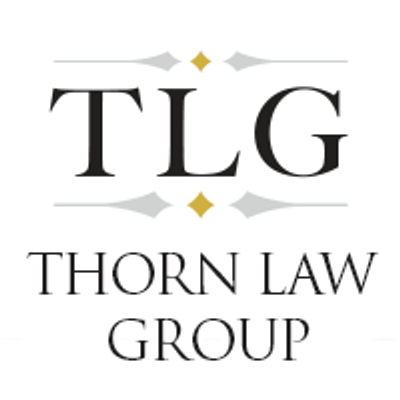If you are self-employed, you do not have an employer who will provide a 401(k) for you that you can easily invest in, so you can take advantage of tax breaks that are available for retirement savings. But, you still can benefit from investing with pre-tax income in order to make it possible to save for your future. You will just have to set up an account yourself that provides tax benefits for retirement savings and you will need to decide how much you want to invest in it.
There are different kinds of retirement accounts that self-employed people can access in order to get tax breaks. A Virginia tax attorney can provide you with help understanding your options and choosing the account that is right for you. Saving for retirement is vitally important, so contact an experienced attorney today to find out about your options for saving for your future.
Tax-Deferred Retirement Accounts for Self-Employed Individuals
The right retirement account for you is going to vary depending upon how your business is structured and whether you have any employees, or you just want to save for yourself or for your spouse. Some of your options include:
- A Solo 401(k): This is a great option if you don't have employees other than you or a spouse. You can open a traditional or a Roth solo 401(k), with a traditional account allowing pre-tax contributions now and a Roth requiring after-tax contributions but allowing tax free withdrawals as a senior. Solo 401(k)s allow you to contribute up to $18,000 and up to $18,500 in 2017. As an employer, you can also contribute up to 25% of compensation or 20% of earned income as a profit-sharing contribution.
- A SEP IRA:SEP IRAs are traditional IRAs only, and you can contribute for yourself and employees. Acting as an employer, you're allowed to contribute up to 25% of compensation for each employee to a SEP IRA. The same percentage contribution must be made for all eligible workers, so if you only want to contribute for yourself and not any staff members you have, this is probably not the best option.
- A SIMPLE IRA: A SIMPLE IRA also allows you to contribute for yourself as well as for any employees you have. SIMPLE IRAs give you the flexibility to either make nonelective contributions up to 2% of each eligible employee's salary or to contribute up to 3% of each employee's compensation. Employees can contribute a maximum of $12,500 to a SIMPLE IRA in 2017 and in 2018.
Because there are different contribution limits and different requirements for each account, you need to carefully research these different investment opportunities to choose the right one.
A Virginia tax attorney can help you to navigate the different rules for investing in retirement accounts if you are self-employed, so you can save as much as possible for your senior years while getting generous tax breaks. To find out more about how our firm can help, contact us today.

